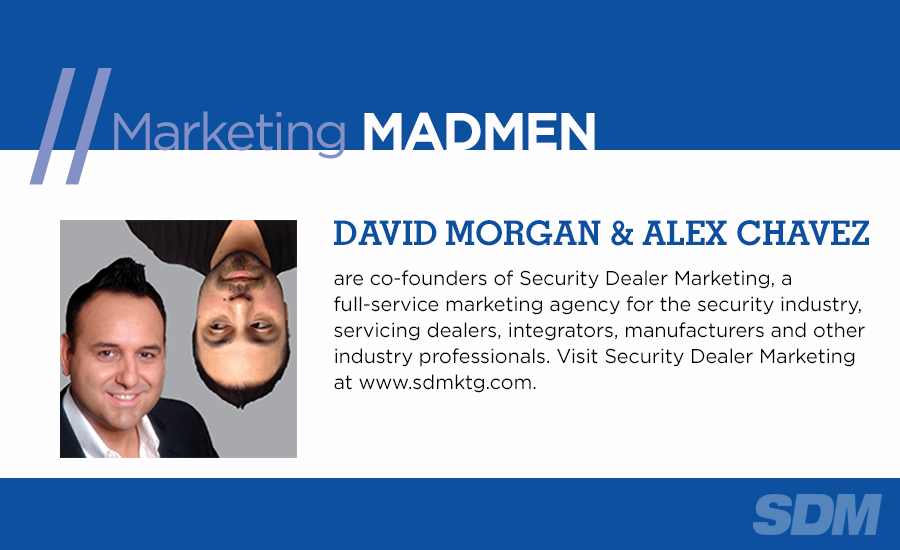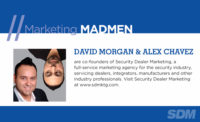Over the last 150 years, marketing and customer service have been completely woven together in the fabric of success. It started around 1881 with American visionary and entrepreneur Marshall Field of Marshall Field and Company, the Chicago-based department store that was eventually acquired by Macy’s. Field, who wanted to capture the new buying power of women, developed a new style of commerce, including unconditional refunds, consistent pricing and employees who were taught to cater to the customer. It was Field who coined the phrase “give the lady what she wants” and his employee HG Selfridge who coined the phrase “the customer is always right.”
Traditionally, marketing is the process of letting customers know why they should choose your product and services, and customer service shows why they should keep coming back. Today, customer service is a form of relationship marketing — and, it very well may be the most powerful tool in your toolbox.
In the security industry, one of the most common mistakes we see is security business owners believing only certain things belong under the marketing umbrella, such as online ads or brochures. The truth is, everything your customer comes in contact with regarding your company should be a consideration. Today’s hyper-empowered customer isn’t just comparing you to another security company; they are comparing your service to every business they encounter.
Why? Because in this era of immediate access through the internet, word-of-mouth is still the most powerful marketing tool you have in your toolbox, especially with the outlets social media provides. This has become evident with the rise of influencer marketing and review websites like Yelp, Angie’s List, Epinion and Facebook. Customers have access to and the ability to create unprecedented amounts of information about your business — as well as your competitors’ — which makes both customer acquisition and retention an ongoing battle.
Now, security customers are part of marketing operations and use their power to educate the target audience about your business; and, studies show they are twice as likely to talk about your service as they are the products you offer. In most cases, they are even more likely to talk about any negative experiences they have, and bad reviews can reach twice as many people as positive ones. Today’s communication tools make every customer a reporter network marketer. It's your job to make them an advocate; let that sink in a moment.
And it isn’t just about acquiring new customers. Apart from the power word of mouth has on customer acquisition, your service has a direct influence on the satisfaction of current customers. The rough numbers say it costs 4-10 times more to acquire a new customer than it does to keep an existing one, and there’s a 60-70 percent chance an existing customer makes a purchase. Meanwhile, the probability that a new customer will make a purchase is only at 5-20 percent.
In today's open and competitive marketplace, the hardest job for a marketer is differentiating a business from the competition. In the pile of similar offers, consumers turn to the ones that give the most value for the price — the ultimate experience. Moreover, studies show that customer service is far more important than price for the majority of consumers. If you can show them their needs are valued, they will be willing to pay more.
Progressive and successful companies in today’s landscape understand that customer service is actually one of the most important elements in their marketing strategy. Even if you get nothing else right in marketing, you’ve got to nail customer service.
Great customer service enhances the effectiveness of the rest of your marketing efforts. Adopt a marketing mindset in your customer service and a customer service mindset in your marketing, and you’ll be well on your way to creating better customer experiences.




